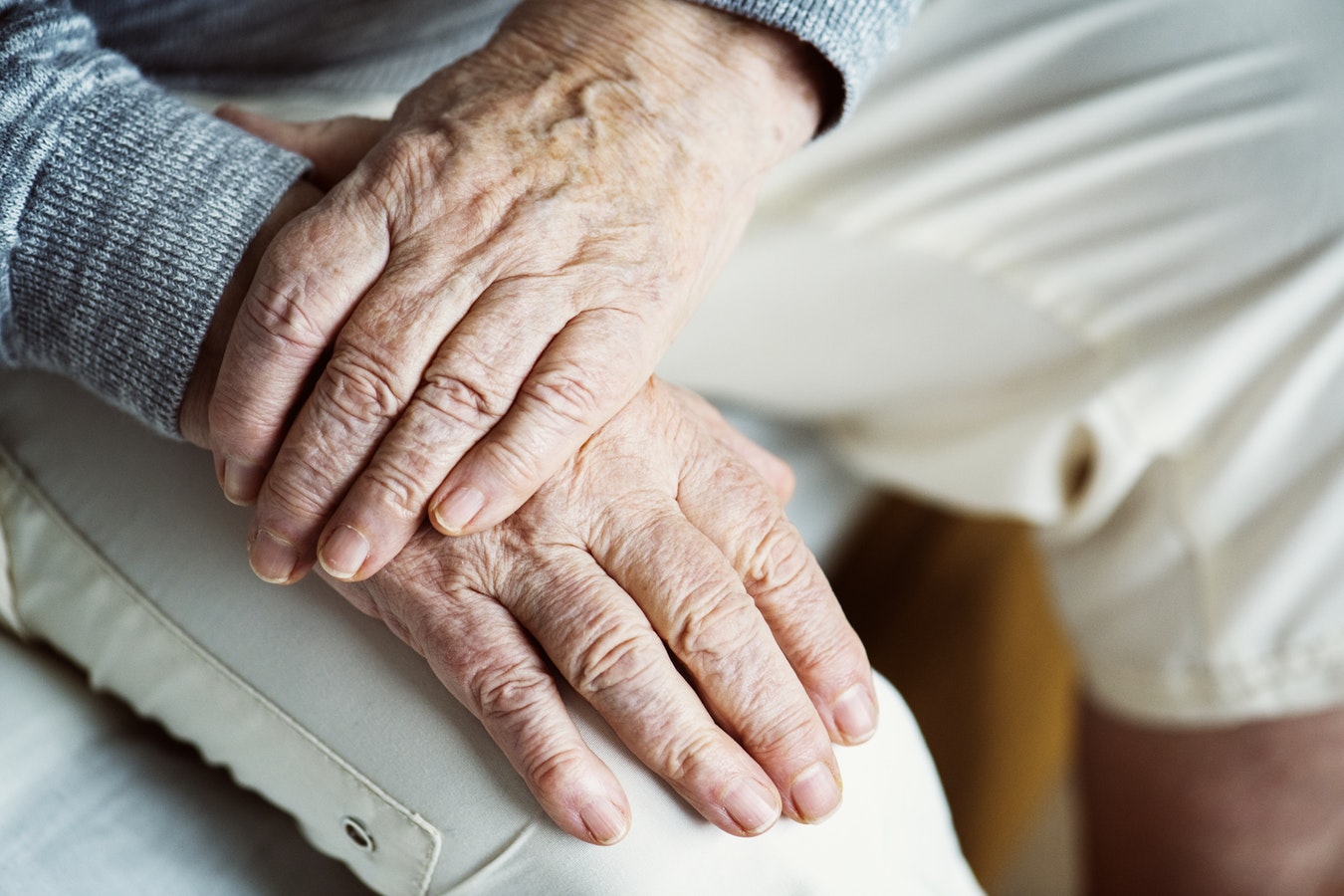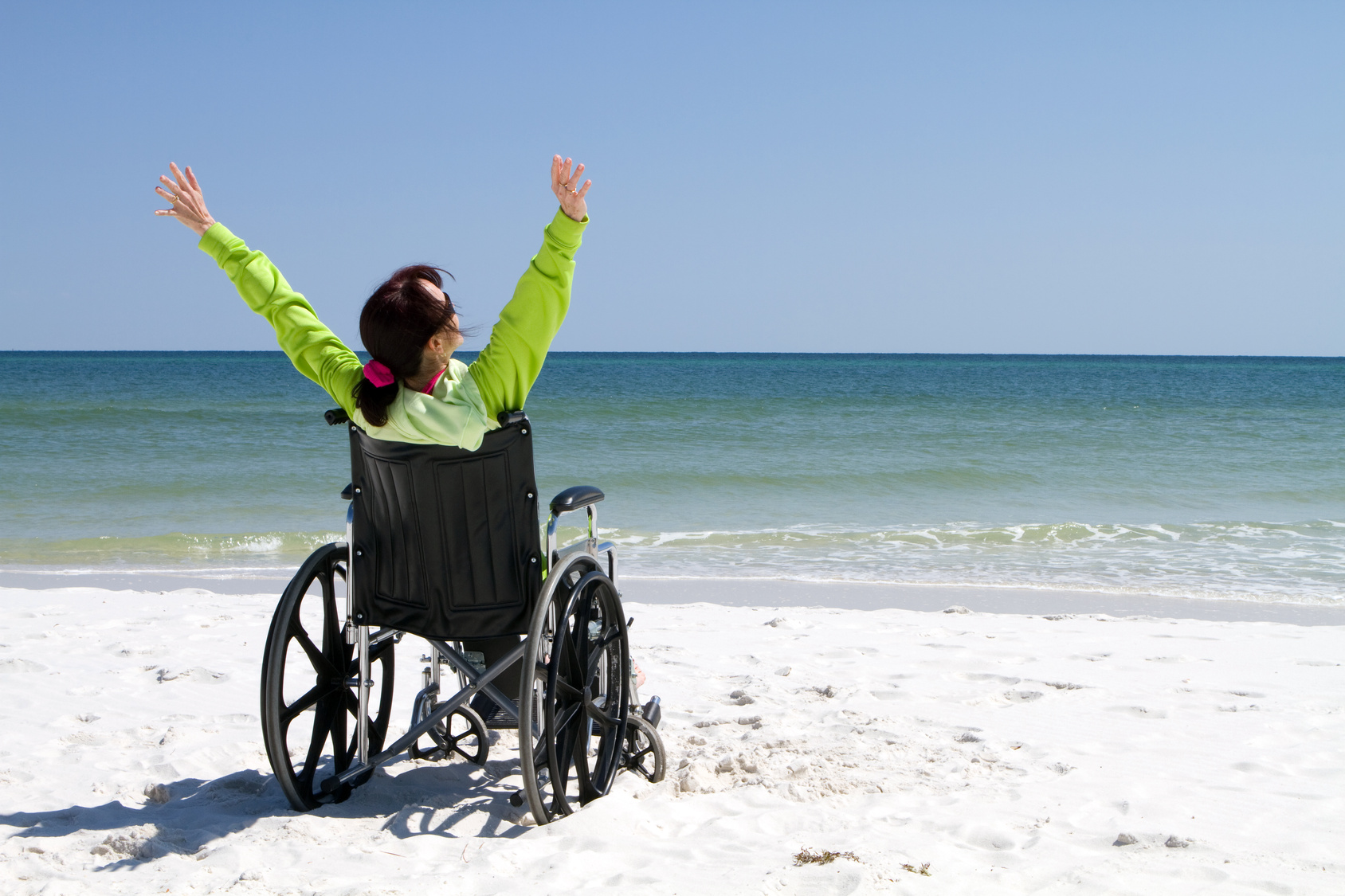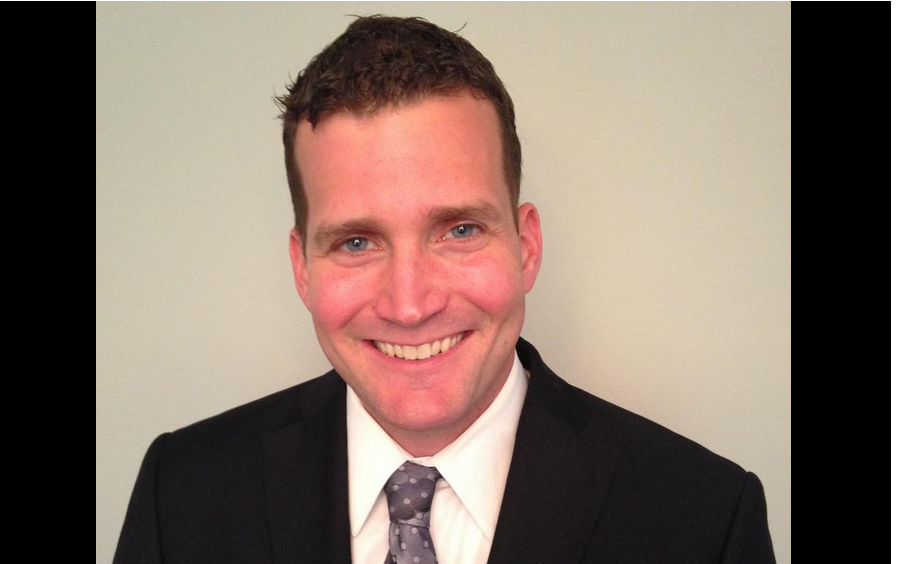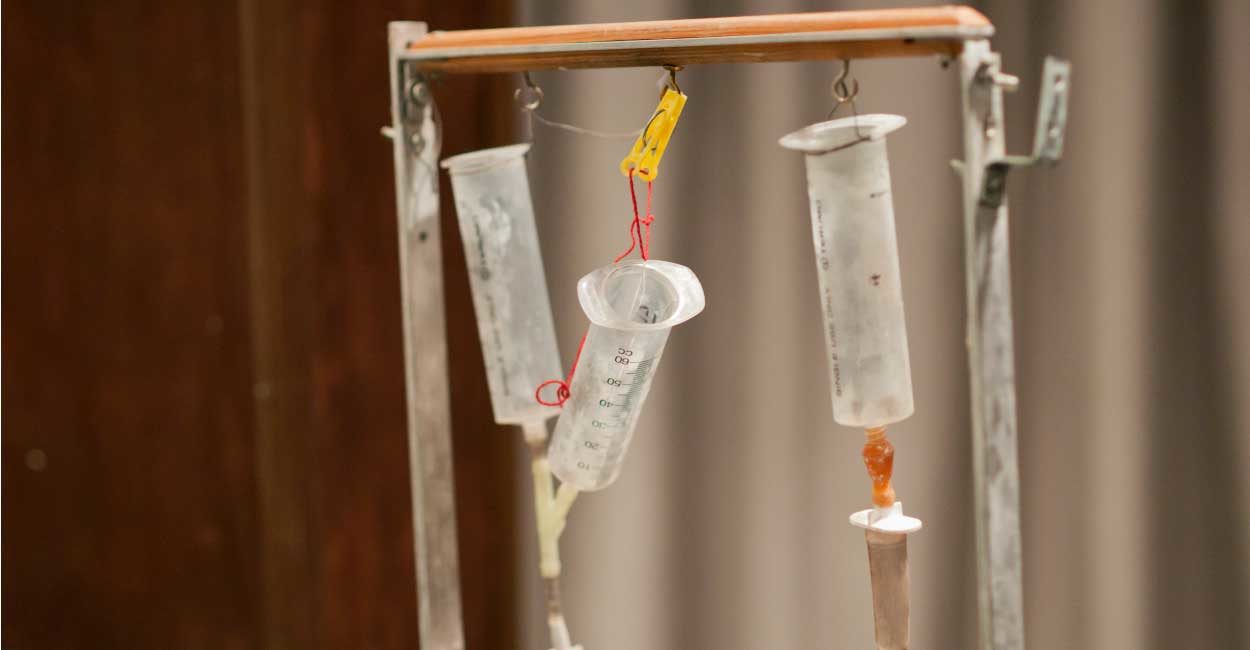Source: Syracuse.com
By Stephanie Woodward
In 2019, the New York Legislature will once again consider a bill to permit healthcare providers to give lethal prescriptions to adults who are deemed terminally ill and ask to die. Despite lack of success in the past, proponents will use myths in arguing that legalizing assisted suicide enhances patient choice without compromising patient safety.
Myth #1 is that the bill concerns “aid in dying” and “end of life options” rather than enabling suicide. These are marketing terms. As Dr. Ira Byock, a palliative care specialist has written, “’aid in dying’ makes it sound like giving someone a lethal drug is an extension of hospice and palliative care. It is not.” New York’s highest court has drawn a sharp distinction between a patient deciding when not to have life-prolonging treatment and a doctor actively prescribing lethal drugs for the purpose of directly causing the patient’s death. If the latter was a medical practice, as proponents have stated, there would be no reason for laws to immunize medical professionals from what would otherwise be unlawful behavior, i.e. assisting and abetting suicides.

 Source:
Source: 

